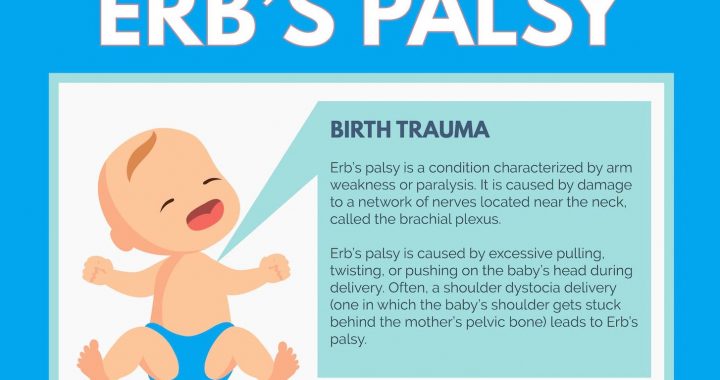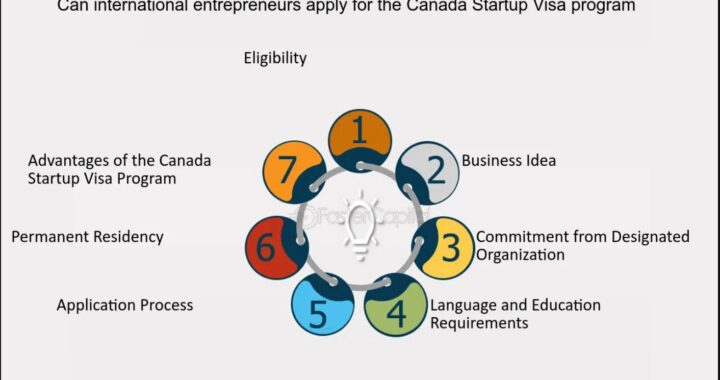Saskatchewan Government Announces the Launch of Hard-to-Fill Skills Pilot Program

Saskatchewan Government Announces the Launch of Hard-to-Fill Skills Pilot Program
A couple of days back, the Saskatchewan Government announced the launch of Hard-To-Fill Skills Pilot Program that has been designed to address recruitment challenges and the issue of acute labor demands in the province. This newly launched program has been described as a Pilot under the Saskatchewan Immigrant Nominee Program (SINP) and is aimed towards offering a low-skill immigration tract that would be on the lines of the SINP International Worker – Employment Offer Stream.
The Pilot Program focusses to encourage hiring from hard to fill jobs which do not require much qualification
The Pilot will be focused on hard-to-fill positions that require semi-skilled or low-skilled professionals. Under this program, occupations like trades support, health care, farming and retail will be in close focus. A complete list of the occupations covered under it can be accessed online. It is important to note here that it is an employer-driven stream and foreign workers will require a job-approval letter by SINP and an official offer of employment to reap the benefits of this program.
Based on the current rules and regulations, the Pilot will enable employers to reach out to international workers who are not based in Saskatchewan and have no work experience in Canada. Employers, who are based in Saskatchewan and have access to low-skill workers, will get newer options.
Eligibility Criteria to apply for this Program
To be eligible for the program, an applicant must fulfill the following criteria:
- The applicant should have been offered a full-time, permanent job.
- The applicant must have received a SINP job approval letter from a Saskatchewan employer.
- The applicant must have basic proficiency in Canadian Official Language
- The applicant should meet the educational requirement and must have worked for at least a year.
The employers who wish to participate in this program must fulfill the following conditions:
- They must exhibit sincere efforts towards hiring local or domestic workers before applying for the program.
- They must explain why they need to participate this program how, they believe, it will benefit their business.
- They should fulfill certain requirements pertaining to offering relocation support to the employees.
In several cases, foreign workers, that are economically stable and are working in low-skilled positions, do not get the opportunity to apply for permanent residency. Also, employers find it very tough to fill up positions for low-skilled workers because of not having access to enough number of labor pools.
If this program turns out to be successful, it will not only help foreign nationals get work and permanent residency in the country, it will also resolve the labor shortage issues that employers face. The Pilot program will be launched this month by early next year, one should get a fair idea of how far it has proved to be effective.

 Calgary IT Solutions for Businesses: Unlocking Success with Advanced Technology
Calgary IT Solutions for Businesses: Unlocking Success with Advanced Technology  New visa requirements in UAE: All you should know about various types of visas and eligibility
New visa requirements in UAE: All you should know about various types of visas and eligibility  BoC Still Not Fancying Bitcoin and other Cryptocurrencies
BoC Still Not Fancying Bitcoin and other Cryptocurrencies  Amazon On Hiring Spree; Tries to Woo Employees With Attractive Bonuses
Amazon On Hiring Spree; Tries to Woo Employees With Attractive Bonuses  Understanding Erb’s Palsy Causes Makes Your Case Easier
Understanding Erb’s Palsy Causes Makes Your Case Easier  Rapid rise in Real estate market leads to High demand for window cleaning services in Ottawa
Rapid rise in Real estate market leads to High demand for window cleaning services in Ottawa  Recent Changes to Canada’s Temporary Foreign Worker Program (TFWP) Effective May 1, 2024
Recent Changes to Canada’s Temporary Foreign Worker Program (TFWP) Effective May 1, 2024  Immigration Process to Latvia and Job Prospects
Immigration Process to Latvia and Job Prospects  Notario Fraud- a rampant fraudulent practice trapping immigrants to US and Canada
Notario Fraud- a rampant fraudulent practice trapping immigrants to US and Canada  Launch Your Dreams: A Guide to Canada’s Start-Up Visa Program for Global Entrepreneurs
Launch Your Dreams: A Guide to Canada’s Start-Up Visa Program for Global Entrepreneurs